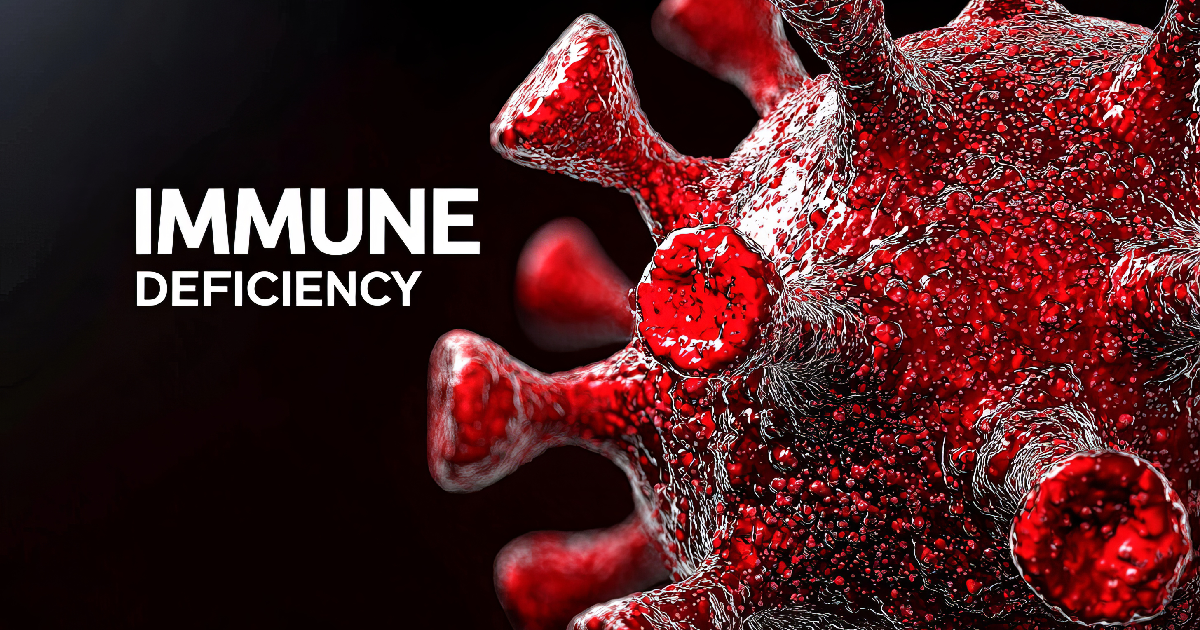
Table of contents
- What is Alcohol Poisoning?
- Definition and Overview
- Causes of Alcohol Poisoning
- Factors Contributing to Alcohol Poisoning
- Recognizing the Symptoms of Alcohol Poisoning
- Signs and Symptoms to Watch For
- The Effects of Alcohol Poisoning on the Body
- Impact on Various Body Systems
- Preventing Alcohol Poisoning
- Strategies for Reducing Risk
- Treatment for Alcohol Poisoning
- Immediate Actions and Medical Interventions
- Long-term Effects of Alcohol Abuse
- Health Issues Related to Chronic Alcohol Use
- Conclusion
- Summary and Call to Action
What is Alcohol Poisoning?
Alcohol poisoning is a serious and potentially life-threatening condition that occurs when a person consumes a large amount of alcohol in a short period. This excessive intake can lead to a dangerous suppression of vital functions, including breathing, heart rate, and body temperature regulation. Understanding the risks, symptoms, and prevention strategies associated with alcohol poisoning is crucial for maintaining health and safety.
At Omega Health Clinics, we believe in educating our patients about the dangers of excessive alcohol consumption and providing guidance on responsible drinking habits. This article aims to shed light on the important topic of alcohol poisoning, its effects on the body, and how to prevent it.
Causes of Alcohol Poisoning
Alcohol poisoning typically results from binge drinking, in which a large amount of alcohol is consumed within a short time frame. Alcohol poisoning varies depending on several factors, including:
- Body weight and composition
- Gender
- Rate of alcohol consumption
- Food intake
- Tolerance to alcohol
- Other medications or substances in the system
It’s important to note that alcohol is a poison to the body when consumed in excessive amounts. While moderate drinking may not pose significant health risks for most adults, consuming large quantities rapidly can overwhelm the body’s ability to metabolize alcohol, leading to poisoning.
Recognizing the Symptoms of Alcohol Poisoning
Identifying the signs of alcohol poisoning is crucial for seeking timely medical intervention. Alcohol poisoning symptoms can range from mild to severe and may include:
- Confusion and disorientation
- Vomiting
- Seizures
- Slow or irregular breathing (less than eight breaths per minute)
- Blue-tinged or pale skin
- Low body temperature (hypothermia)
- Unconsciousness or passing out
- Difficulty remaining conscious
- Extremely slow heart rate
If you observe any of these symptoms in yourself or someone else after drinking alcohol, it’s essential to seek immediate medical attention. Poisoning by alcohol requires prompt treatment to prevent serious complications or death.
The Effects of Alcohol Poisoning on the Body
Understanding the alcohol poisoning effects on the body can help emphasize the severity of this condition. Overconsumption of alcohol can negatively impact various bodily functions and systems:
- Alcohol slows the central nervous system, slowing brain function and affecting coordination, balance, and judgment.
- Respiratory System: Excessive alcohol can suppress the gag reflex and slow breathing, increasing the risk of choking on vomit or stopping breathing altogether.
- Cardiovascular System: Alcohol poisoning can lead to an irregular heartbeat or even cardiac arrest in severe cases.
- Digestive System: The stomach may produce excess acid, leading to nausea, vomiting, and potential damage to the stomach lining.
- Liver: The liver becomes overwhelmed trying to process the excess alcohol, potentially leading to acute liver damage or failure.
- Alcohol causes the kidneys to produce more urine, which can lead to severe dehydration.
- Blood Sugar: Excessive alcohol consumption can cause dangerous drops in blood sugar levels, potentially leading to seizures or coma.
These effects highlight why alcohol poisoning is considered an emergency and requires immediate attention from healthcare professionals.
Preventing Alcohol Poisoning
The key to preventing alcohol poisoning is prevention. Here are some strategies to help reduce the risk:
- Consume alcohol in moderation if you choose to do so. Moderate drinking is defined by the CDC as one drink per day for women and two drinks per day for men.
- Pace yourself: If you do drink, consume alcohol slowly and alternate with non-alcoholic beverages.
- Eat before and while drinking: Consuming food can slow the absorption of alcohol.
- Know your limits: Be aware of your tolerance and stick to it.
- Avoid drinking games or competitions: These often encourage rapid consumption of large amounts of alcohol.
- Drink water with alcoholic beverages to help prevent dehydration.
- Never drink on an empty stomach: This accelerates the absorption of alcohol into the system.
- Be aware of your surroundings: Drink in safe environments with trusted friends who can look out for you.
- Avoid mixing alcohol with other substances: Combining alcohol with drugs or medications can result in poisoning.
- Plan: If you’re going to drink, arrange for a designated driver or use a ride-sharing service to get home safely.
Treatment for Alcohol Poisoning
The first thing you should do if you suspect someone is suffering from alcohol poisoning is to seek medical help. While waiting for emergency services to arrive:
- Keep the person awake and sitting up as much as possible
- If they’re unconscious, put them in the recovery position to prevent choking
- Keep them warm with a blanket
- Stay with them and monitor their breathing
- Do not try to make them vomit, as this could lead to choking
- Do not give them coffee or any other drink to “sober them up.”
At the hospital, treatment for alcohol poisoning may include:
- Intravenous fluids to prevent dehydration
- Oxygen therapy
- Prevent serious complications with vitamins and glucose
- Stomach pumping in some cases
- Close monitoring of vital signs
Long-term Effects of Alcohol Abuse
While this article focuses on acute alcohol poisoning, it’s worth noting that chronic alcohol abuse can lead to numerous long-term health issues, including:
- Liver disease, including cirrhosis
- Increased risk of certain cancers
- Heart disease
- Digestive problems
- Weakened immune system
- Mental health issues, including depression and anxiety
- Cognitive impairment and memory problems
If you or someone you know is struggling with alcohol abuse, it’s important to seek professional help. At Omega Health Clinics, we offer confidential consultations and can provide referrals to appropriate treatment programs.
Conclusion
Understanding alcohol poisoning, its symptoms, and its potentially life-threatening effects is crucial for promoting responsible drinking habits and ensuring prompt medical intervention when needed. By recognizing the signs of alcohol poisoning and taking preventive measures, we can work together to reduce the incidence of this dangerous condition.
At Omega Health Clinics, we’re committed to providing comprehensive care and education to our patients. If you have concerns about alcohol use or would like more information about alcohol poisoning, we encourage you to schedule an appointment with one of our healthcare providers. Your health and safety are our top priorities, and we’re here to support you in making informed decisions about alcohol consumption.
Remember, if you suspect alcohol poisoning, don’t hesitate to seek emergency medical care immediately. Quick action can save lives.
For more information or to schedule an appointment, please visit our website at omegahealthclinics.com or call our office. Your health is our mission, and we’re here to help you stay informed and safe.





